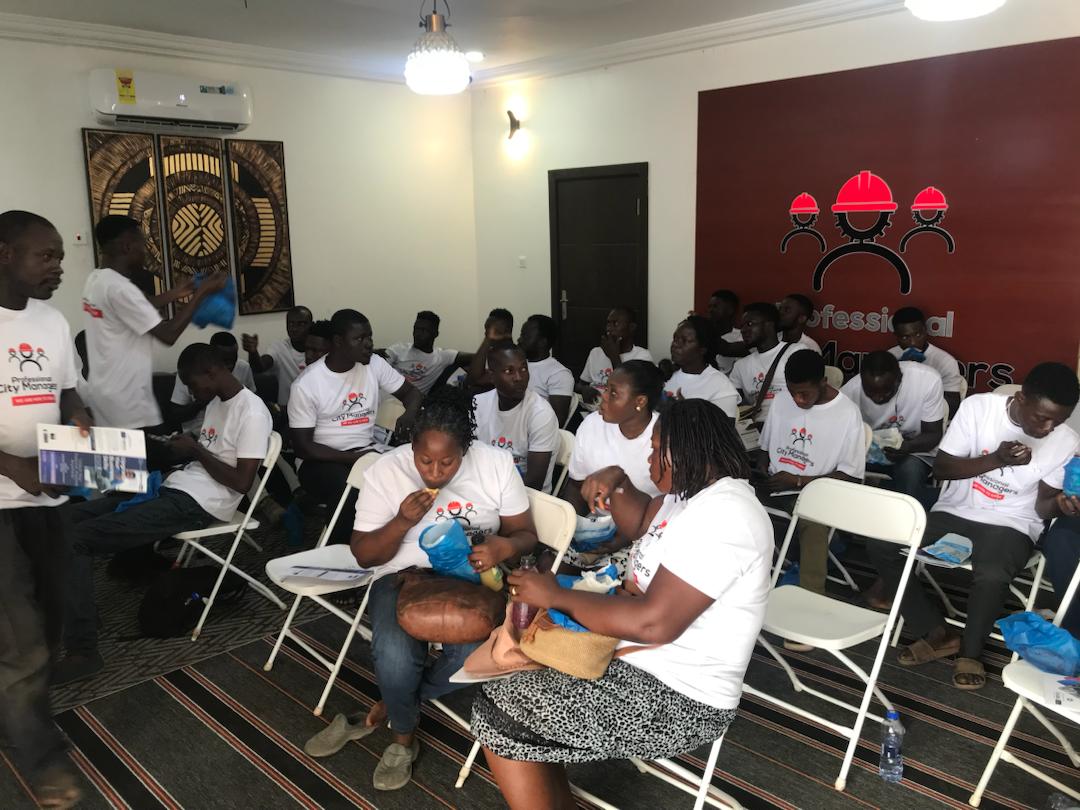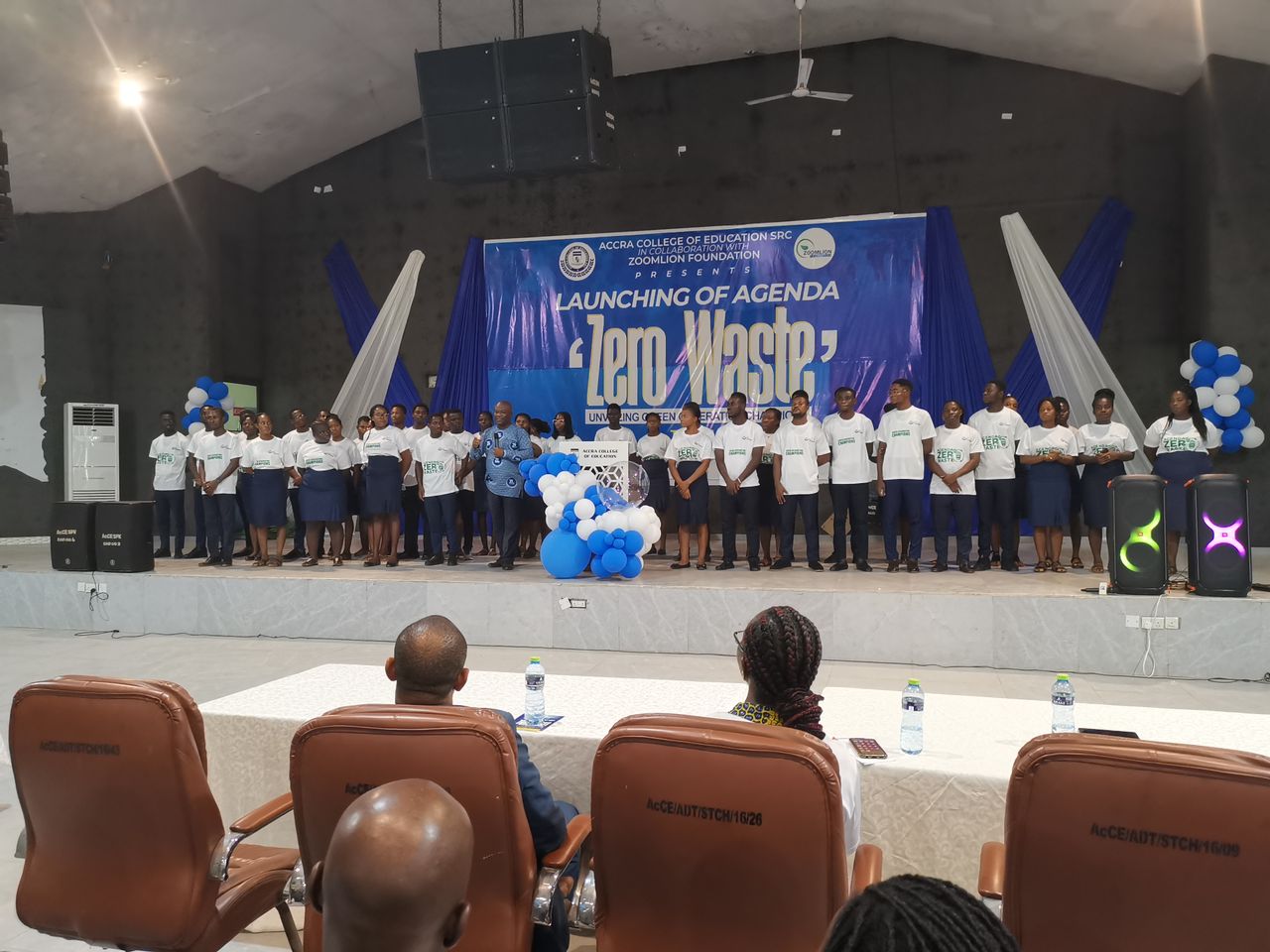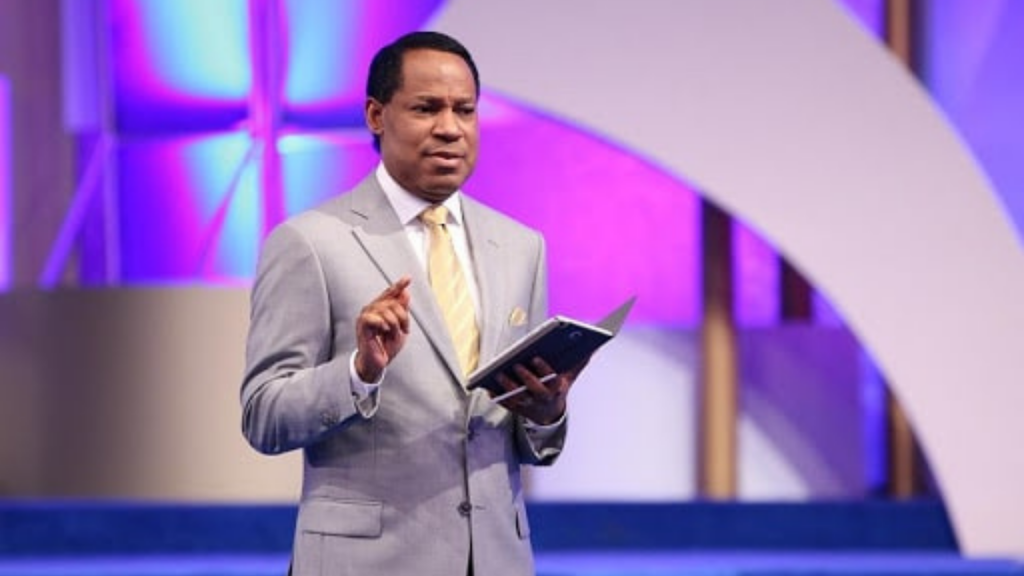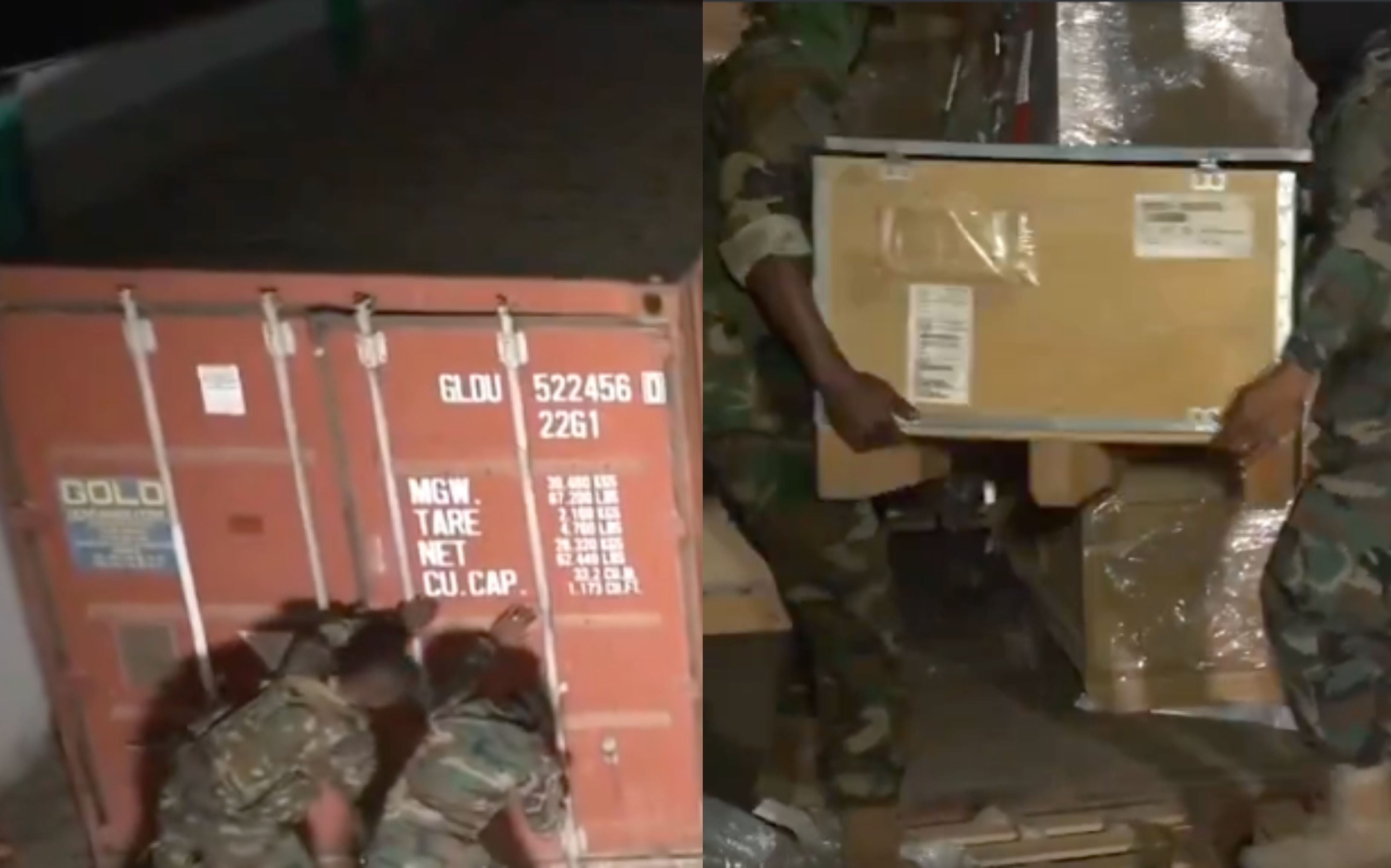
By Samuel OWUSU-ADUOMI
Ghana stands at a critical juncture in its environmental sustainability efforts. With increasing urbanisation, waste generation has surged – necessitating innovative and effective waste management strategies.
Nurture Nature Foundation (NNF), in collaboration with the Ministry of Environment, Science, Technology and Innovation (MESTI), is championing a legislative policy that will make waste segregation compulsory for every citizen. This initiative aligns with global best practices and aims to transform waste into a valuable economic resource.
As urban populations have grown, the volume of waste produced has reached alarming levels – placing immense pressure on landfills and existing waste management infrastructure.
Currently, Ghana faces significant challenges in waste disposal, with indiscriminate dumping leading to environmental degradation, public health crises and marine pollution. A structured and legally enforced waste segregation system could mitigate these challenges by promoting responsible waste disposal and enhancing recycling efforts.
According to Peter Asiedu, Executive Director-Nurture Nature Foundation: “Waste is not just waste; it is a resource waiting to be harnessed. Through effective segregation and recycling, we can transform Ghana’s waste crisis into an economic opportunity that creates jobs, conserves the environment and fosters sustainable development”.
NNF’s advocacy for a national waste segregation law stems from its commitment to environmental sustainability, circular economy principles and public health improvements. By collaborating with government agencies, private sector stakeholders and local communities, the foundation aims to build a robust framework that not only enforces compliance but also educates the public on benefits of waste segregation.
The proposed policy will require households, businesses and institutions to separate their waste into distinct categories such as organic, recyclable and hazardous materials. This approach will streamline waste collection processes, increase efficiency in recycling and create job opportunities in the waste management sector. Moreover, segregating waste at the source will help reduce the burden on landfill sites and limit greenhouse gas emissions associated with improper waste disposal.
To ensure a successful implementation of this law, NNF is advocating a multi-stakeholder approach that includes public awareness campaigns, infrastructure development and stringent enforcement mechanisms. Public education programmes will be essential in fostering behavioural change and encouraging citizen participation. Additionally, investment in waste processing facilities and recycling plants will be crucial in accommodating the increased volume of sorted waste materials.
The initiative also presents economic benefits, as a well-structured waste segregation system can attract investors in the recycling and waste-to-energy industries. Countries, which have implemented similar policies, witnessed a significant reduction in waste-related pollution and successfully turned waste into a resource that fuels economic growth. Ghana stands to gain immensely from adopting this model, positioning itself as a leader of sustainable waste management in Africa.
The urgency for a waste segregation law
Records indicate that Accra alone generates approximately 300 metric tonnes of plastic waste daily, with only 5% being recycled. This leads to severe environmental hazards including pollution, biodiversity loss and public health risks. By implementing a Waste Segregation Law, Ghana can establish a structured waste management system that ensures waste is properly sorted at the source – paving the way for effective recycling and resource recovery.
Transforming waste into a valuable commodity
NNF’s advocacy emphasises the economic potential of waste through three key areas:
- Composting from post-harvest farm products – Agricultural waste, often discarded, holds immense potential for composting. By processing organic waste into compost, farmers can enhance soil fertility, improve crop yields and reduce reliance on chemical fertilisers. This not only benefits the agricultural sector but also promotes sustainable land management and reduces methane emissions from decomposing organic matter.
- Energy generation through biogas – Organic waste, including food scraps and agricultural residue, can be converted into biogas – a renewable energy source. Biogas production contributes to Ghana’s energy mix by providing an alternative to fossil fuels. Small and large-scale biogas plants can be established across the country to generate electricity and support off-grid communities while reducing greenhouse gas emissions.
- Recycling waste plastic for industrial use – The plastic waste crisis in Ghana is alarming, but it also presents an opportunity. Waste plastic can be repurposed into industrial raw materials, reducing the dependency on virgin plastic. NNF and MESTI have engaged waste-sorting centres and recycling plants to promote plastic recovery and reintegration into the production cycle. This initiative fosters a circular economy, creates jobs and minimises environmental degradation.
Insights from waste-sorting centres and recycling plants
To understand the realities of waste management in Ghana, a team from NNF and MESTI visited several waste-sorting and recycling centres, including:
- Darkuman Cable and Wireless: A hub with over 150 sorting centres employing 870 workers, predominantly women and youth. Here, waste plastic is sorted, crushed and processed into pellets for resale to recycling companies.
- Dzatakpor Dump Site at Glefe: An informal dumpsite where waste pickers recover valuable materials, despite hazardous conditions. The site exemplifies the need for better waste management policies.
- Korle Estuary and Korle Dump Site: A site where plastic is collected and processed into crushed pellets for industrial reuse, highlighting the economic potential of waste recovery.
- Paper Mill Nigeria Limited and Star Plastics Company Limited: Companies engaged in recycling plastic bottles and sachets, demonstrating the feasibility of large-scale recycling operations.
Challenges facing waste pickers and sorters
Despite the economic potential of waste segregation, numerous challenges persist:
- Lack of personal protective equipment (PPE), exposing workers to health risks.
- Absence of rest shelters, leaving workers vulnerable to harsh weather conditions.
- Unregulated pricing of waste materials, affecting the income stability of waste collectors.
- Illegal dumping activities threatening biodiversity, such as the waste deposits at the Dzatakpor Lagoon.
Policy recommendations and the way forward
To address these challenges and actualise the benefits of waste segregation, NNF proposes:
- Formalising and regulating waste segregation practices through a national law.
- Creating designated waste-sorting centres with better working conditions.
- Providing capacity-building programmes for waste workers and ensuring access to PPE.
- Establishing buy-back centres to encourage waste collection and recycling.
- Strengthening collaborations between government agencies, private sector players and civil society organisations to scale up recycling efforts.

Call for partnership support
Nurture Nature Foundation recognises that achieving a sustainable waste management system requires collective action. We invite government agencies, corporate organisations, international partners and civil society groups to collaborate in this vital endeavour.
By joining forces, we can expand waste segregation initiatives, enhance infrastructure and create long-term solutions for effective waste management. Private sector investment into recycling and waste processing facilities will be instrumental in driving a circular economy, while educational institutions can play a key role with awareness campaigns to instil responsible waste management habits in future generations.
NNF welcomes partnerships in areas such as policy advocacy, infrastructure development, research & innovation and community outreach programmes. Together, we can turn waste into a resource, foster economic development and safeguard the environment for future generations.

Conclusion
Waste segregation is not merely an environmental issue – it is an economic and social imperative. Through legislative backing, public awareness and private sector engagement, Ghana can transform its waste management landscape.
Nurture Nature Foundation’s advocacy for a Waste Segregation Law is a step toward a cleaner, healthier and more sustainable nation. By embracing waste as a resource, Ghana can create jobs, boost economic growth and protect the environment for the present and future generations.

The post Nurture Nature Foundation advocates waste segregation law appeared first on The Business & Financial Times.
Read Full Story
















Facebook
Twitter
Pinterest
Instagram
Google+
YouTube
LinkedIn
RSS